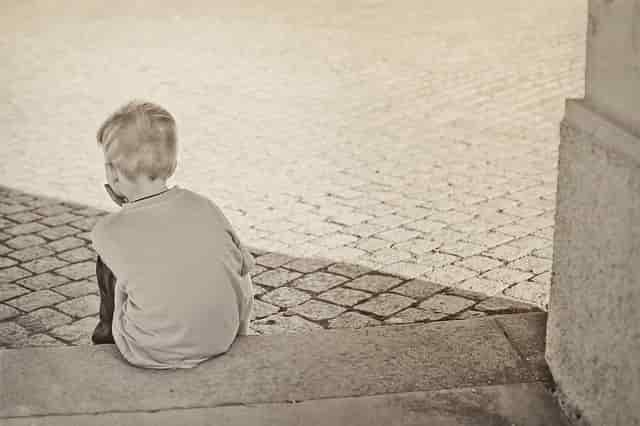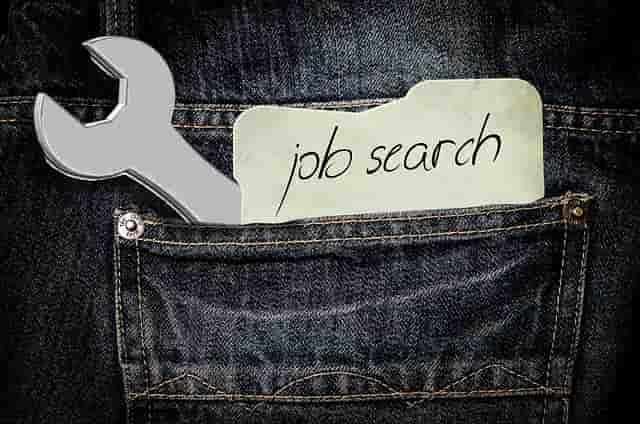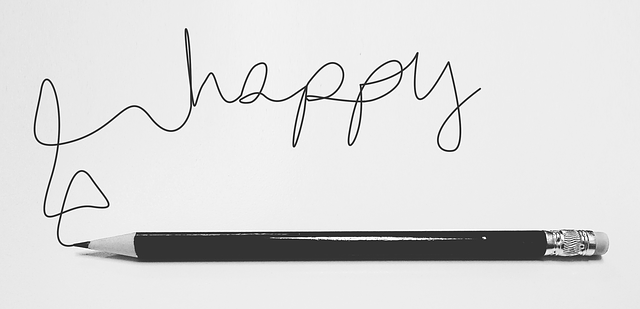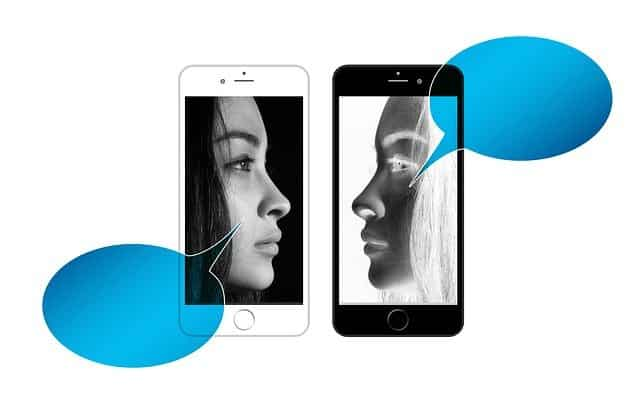5 Major disadvantages of sadness! 5 ways to handle them!
Sadness is a universal human emotion. Any event which is unpleasantly overwhelming can lead to it . There is no person in the universe who has never felt gloominess in his/her life span. A reactive low mood is transient in nature and improves with time. But there are people who are “Sad” always. They go through various disadvantages in life due to this persistent low mood.
What is persistent ‘Sadness’?
Persistent sadness can be a state or trait of the person. People who appear or behave sadly in all situations and all the time are either suffering from a low mood (e.g Depressive episode, grief, loss, etc) or they have a temperament to be Sad ( Depressive personality traits or dysthymia). These depressive traits keep a person look/feel sad even there are no outside stressors.
Sad ‘State’:
People in a sad state are sad for longer times but not forever. Take an example. Anyone who has lost his near and dear ones in the recent past will go through various stages of grief.
There will be a clear distinction between his/her low mood from the non-sad episode (before the onset of sadness and after unhappiness is over). This persistent gloominess episode may last up to a few weeks in which a person feels low and loses her interest in worldly pleasures and joys. As this desolation is there for Most Of the Time of a Day and at almost all the place the person is BUT reaches to Normalcy in a few weeks or months is considered as sad State. Like the weather, they stay for a duration inside a person.
Sad ‘Traits’:
Traits are the elements of one’s character/personality. This Internal Climate of a person is the result of his /her traits. Humans have combinations of various traits and temperaments. There is a small chunk of people around us who have a net outcome of their traits in form of Sad temperaments.
These people are apparently never happy, completely ( Depressive personality disorder) or partially, always feel shallowness in their mood (Dysthymia). Lack of joy and pleasure, poor interest in worldly affairs, and pessimism about the future are certain characters of these people.
Disadvantages of Being Sad:

People who are persistently sad experience following inside:
- Low mood
- Lack of interest in a pleasurable activity
- Pessimism
- Low energy
- Poor Confidence
- Lack of initiativeness
- Self Blame
- Reassurance seeking
- Poor Concentration
- Indecisiveness
Due to these internal state of mind, a person who is sad can face the following disadvantages:
Unpopular:

Sad people tend to reduce interactions and make new friends. Due to their negative approach, they are not considered good advisors. A social drift starts taking place and a sense of perceived and true loneliness starts building up.
They tend to leave the social groups. They being sensitive, develop a poor taste of humor. Their lack of happy reactions makes other people reduce sharing their joys with sad people. Lack of reciprocity makes them more lonely. A downward trend starts setting then ultimately the person becomes more involved too in his own cocoon. Gradually even his own desires to meet people or call friends or attend the invitations. Over time the person starts living a life like an island.
It’s a known fact that human being is a social animal. It means he/she requires a constant association with other human beings to fulfill his own biological identity. So once a person starts becoming more and more isolated he or she just not only go through a personal loss but also he or she challenges their own biological identity.
Unhealthy:

Sad people have a tendency to have poor Immune responses. A good immune response saves a person from many common diseases and infections. A good immune response helps the overall well being of a person.
Poor immunity causes the possibility of infections and makes a person become repeatedly ill. Even those disorders which are primarily immune dependent or those treatments which require constant healthy immune responses, become chaotic and disorganized.
They have a lack of appetite and so a possibility of malnourishment starts building up. they are more prone to delay recovery from previous injuries. They tend to have high circulating cortisol and bones become brittle. They may have disorganized biologicals rhythms and so sleep issues and hormonal cycles. Overall well being gets compromised and aging starts setting up fast.
Unemployed:

Unhappiness leads to a lack of interest in work and creativity. The affected person stops loving his work and at times the pseudo-philosophical thoughts of “meaning of life” and “existential insignificance” start building up. People feel even the slightest tasks as a great burden and they start losing their true efficiency.
In a fast pace world and competitive arena, they become second to others and when confronted, lose confidence to handle the work-life balance. They also tend to fall ill more, so absenteeism from work increases. An economic and financial drift starts and a person can reach a state of great financial losses.
Unsatisfied:

Lack of joy out of everything, which used to provide pleasure to the individual leads to a sense of unsatisfaction. A couple loses their sexual energy and a secondary sexual dysfunction settles in. The joy of being with near and dear ones seems lost. The world seems a blank canvas and the future seems bleak.
A sense of helplessness, hopelessness, and worthlessness starts settling. The existence seems mechanical. A constant state of blandness is experienced. That’s a tiring process. And in extreme states, a person can start having passive or active death wishes.
Untreated:

Pathological low mood is very difficult to distinguish by laypeople. Moreover, there is a tendency among the population is to not considering Pathological cheerlessness as a mental health issue. Most people neglect their own mental health as they tag it as a moral weakness or blame it on the circumstances.
Also, social stigma comes to play a significant role as a hindrance to talk to a professional. Chronic neglect leads to the fortification of despair and a chance of increased intensity of unhappiness is well recorded.
Additional consequences like lack of employment, poor responsibility-taking, unhealthy lifestyles make things worst. An untreated sad person tends to develop more severe mood issues eventually.
What can be done:

1. Identify the Sadness:

The first step of any problem-solving approach is to “Identify the Problem & Acknowledge It. Accept the fact of being unhappy. Being sad is not a crime or a choice. And, denial will not help at all.
Any Unhappiness which is persistent and pervasive and lasting for a longer duration and causing trouble in the daily life of the self and others needs attention. Attention means, now you accept the fact and now you have the next step to follow. The next step is to act over it and try to find out the solutions. Apply all possible (& Practical) resources to help your self.
At times, we ourselves are confused. The denial plays an important role. The conflict between Agony and Denial can be taxing. In such a situation you may need intervention from an informed and neutral third party. You always can see a friend or colleague who has such a mindset. If you feel you can not do this at your level, better see a professional.
Any professional who has gone through rigorous training and has got good experience will be the best choice. They may assist you in identifying certain areas or complications you are facing due to current sadness.
2. Don’t make major decisions:

Always remember, Never Make Permanent Decisions on Temporary Issues. All choices we make lead to our longitudinal outcome. For example, people who in stock markets make hasty/emotional buys, may eventually face big losses.
Under being sad , stop taking major life-changing negative decisions too. Do not opt for retirement or breaking up. The idea of “I Want To Be All Alone” may appear ideal, but it never is. Do not resign from the job which is your sole way of managing needs or do not start using Alcohol as medicine. Making any major choices in a bad state of mind can turn out to be bad in long term.
Once situations start improving, but any bad decision you have already made, can not be un done. So. its better to take a time out. Relax. Re-evaluate all your plans.
3. Watch your health:

Health is something which most of us take for granted (as long as its not compromised). Healthy habits are not good in the prevention of lifestyle disorders, rather they construct you as a person. Whatever happens, do not lose the Basic Disciplines of life. Keep exercising, keep taking good food, keep engaged in recreational activities, and hobbies, and keep meeting good people.
It’s never advisable to have more fronts to fight on than one. So, if you are emotionally challenged, do not become physically ill. that will be a double whammy. And trust me, no happy mind can live in an unhappy body.
4. Take professional help:

A qualified professional can provide you most customized information, counseling, and management for your pervasive desolation. Professionals are people who have good clinical training ( Psychiatrist or Clinical Psychologists) are better in handling such situations by the virtue of their training in human behavior and emotional understanding.
Meeting a professional can give you a new perspective of your state.
5. Do not self-blame:

No! You are not responsible for your situation. Stop blaming yourself for your condition. Instead of getting ruminated about the problems and self-blaming, it’s always better to seek a solution.

Dr Vijay Pathak
MBBS MD
Positive & Practical Psychology Practitioner since 2005